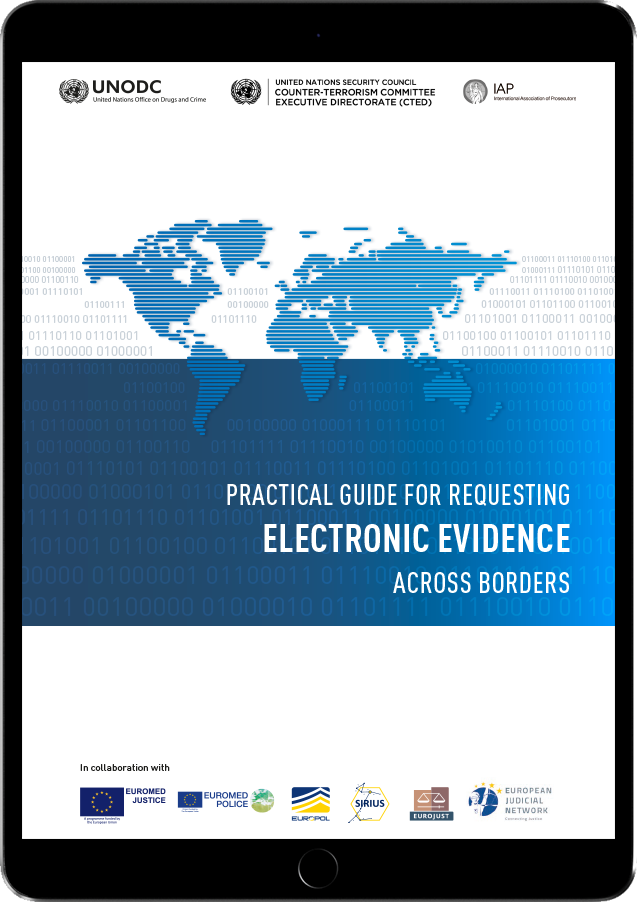Maldives: UNODC raises awareness of Maldivian judges and magistrates on ongoing global trends linked to terrorism and violent extremism

Male, Maldives/25 September 2024: According to the Global Terrorism Index 2023, South Asia continues to be one of the regions most severely affected by terrorism, facing persistent threats from radicalization, violent extremism, and the complex challenges posed by returning foreign terrorist fighters (RFTFs). The growing concern over these issues has underscored the urgent need for nations to enhance their capacities to effectively respond to such threats. In this context, the Seventh Review of the UN Global Counter-Terrorism Strategy (A/RES/75/291) emphasizes the necessity of adopting a comprehensive, whole-of-government approach to preventing and countering terrorism. It urges Member States to strengthen their criminal justice systems and develop effective prosecution, rehabilitation, and reintegration strategies for RFTFs and their families.
Over 40 judges from the High Court, Criminal Court, Family Court, Drug Court, and Magistrate Courts spanning 27 islands came together for a virtual UNODC workshop to bolster the Maldives' judicial response to terrorism and violent extremism. Supported by the European Union, this initiative not only facilitated crucial discussions on contemporary challenges but also equipped participants with practical tools and strategies on themes such as the use of artificial intelligence in counter-terrorism and effective techniques for collecting electronic evidence.
Building on a previous course delivered in June, the workshop was organised within the framework of the project “Support to addressing the risk of terrorism and to increasing security in the Maldives”, carried out with funding by the European Union.
Participants reflected on ongoing global trends linked to terrorism and violent extremism, and how they affect South Asia and the Maldives. Discussions also touched upon other issues such as Foreign Terrorist Fighters and the link between drugs and terrorism. They were presented with ways to apply this knowledge to their current cases, driving positive change in their legal practices.
The workshop was well-received by the participants, who actively engaged during the presentation, seeking clarifications on matters related to the interaction with service providers. They also asked exchanged perspectives on the methods to collect electronic evidences from abroad jurisdictions through Mutual Legal Assistance and other tools. During the presentation, UNODC provided an outline of its Practical Guide on Requesting Electronic Evidence Across Borders and other tools relevant for the prevention and countering of terrorism and violent extremism.
Building on the dialogue, UNODC will explore follow-up technical assistance in the area of gathering electronic evidence for the prevention and countering of terrorism and violent extremism.
The activity contributed to SDG 4, SDG 16 and SDG 17: https://sdg-tracker.org/
(Supported by the European Union)